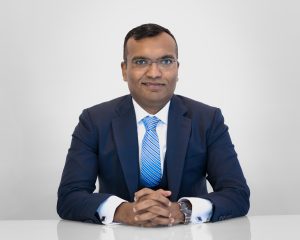“Retirement is wonderful if you have two essentials — much to live on and much to live for.”
The quote is perhaps the most accurate way to describe a satisfied retired life. We work extremely hard throughout our lives to build a substantial amount of wealth that can last us our retirement and we can live comfortably. We also want to be able to provide for our children and leave them with some form of a legacy to remember us by.
There is a lot of planning involved for this situation to become a reality, but there are ways that you can plan smartly and invest so that you can build your wealth a lot faster. If you are wondering how to invest for retirement, you have come to the right place. Read on further to know more about the five most important things to avoid when you are preparing for your retirement.
“Never depend on a single income, make investment to create a second source.”
—Warren Buffet
The king of investment is absolutely right in making this statement. You need to be able to build your wealth even while you are not working and that is perhaps the most important point you need to remember. A lot of people go through various processes when they are building their budget and planning their retirement, but they have a singular source of income. This means that once that income source dies out, they will only have their savings and assets to rely on in their retirement.
Having a singular source of income is perhaps the biggest financial mistake you can make when you are planning your retirement. It limits your chances of building your wealth greatly because you do not have access to more than what your salary is.
This is where investments come in.
You have to be very careful about the type of investments you are making because the rewards you get are based on them. Some investments give you short term returns whereas others will only give you gains if you hold it for the long term.
A good financial advisor will guide you through the entire process of building a strong investment plan and portfolio and help you avoid making these mistakes. Always consult with a professional when you are preparing for retirement because there can be many scenarios you may overlook when you are making your plan. Financial advisors will also be able to use their expertise and develop data-driven insights that will help you make the most beneficial investments, so it is always a good idea to work with them when you want to safeguard your future.
Thank you for reading.

 Gupta
Gupta Copyright 2023. Client First Capital